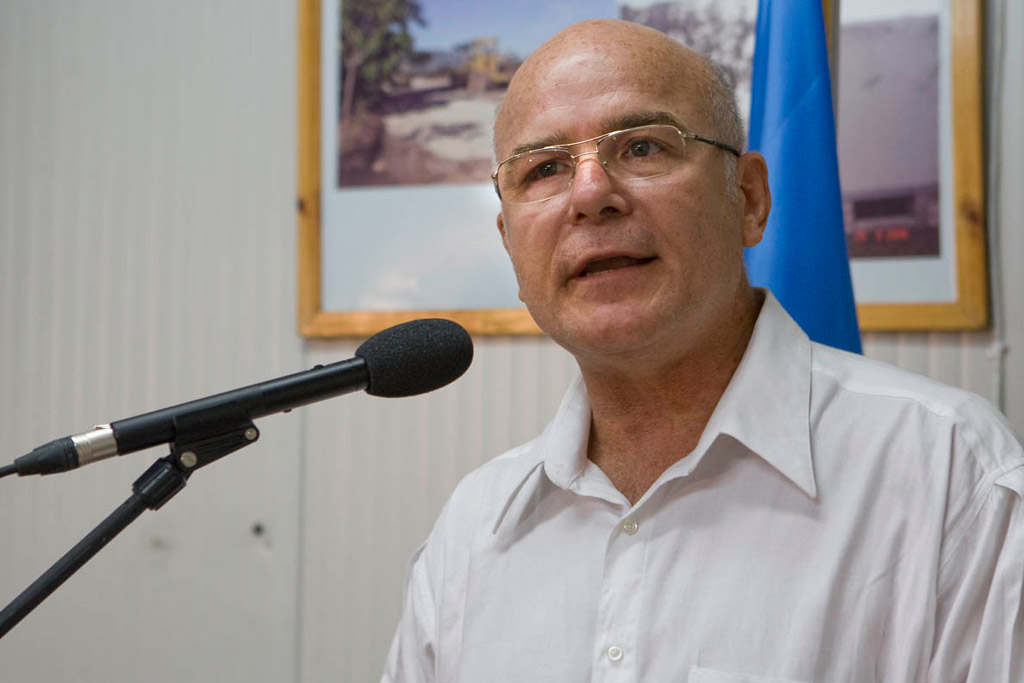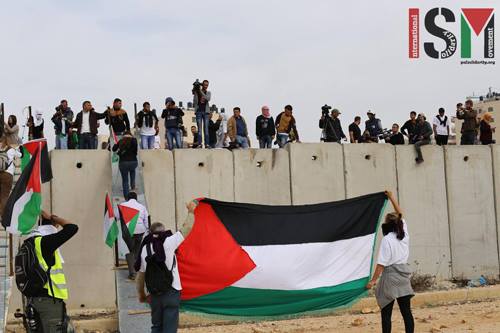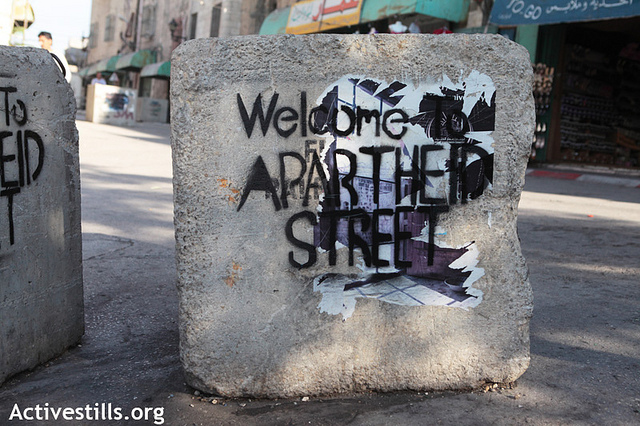Category: Action Alerts
-
UN : “Stop unacceptable harassment of human rights defenders in occupied Palestinian Territory”
December 18th, 2015 | UN Press release | al Khalil, Occupied Palestine GENEVA – United Nations independent experts today expressed grave concerns at continued reports that human rights defenders are being subjected to physical attacks, harassment, arrest and detention, and death threats, particularly in Hebron in the Occupied Palestinian Territory (OPT), in an apparent bid…
-
ISM calls for internationals to volunteer in Palestine
14th December, 2015 | International Solidarity Movement | occupied Palestine Today, Palestinians are facing an enormous amount of pressure in their lives due to the growing violence of Israeli forces. Israeli politicians have fueled the motivation to kill Palestinians by making open statements encouraging Israeli citizens to become executioners. Since the beginning of October, Israeli occupation forces…
-
ACT NOW ! Put an end to the ‘Closed Military Zone’ in Tel Rumeida and Shuhada Street, Hebron
December 13th, 2015 | International Solidarity Movement | Action Alert The undersigned organisations are calling on the international community to take immediate action regarding the continuous closure of the Tel Rumeida neighborhood and the part of Shuhada Street that has remained accessible to Palestinian residents since the Ibrahimi mosque massacre in 1994, in occupied al-Khalil…



